It’s a reflexive action — we get out of the shower, we reach for a towel.
But how much thought goes into the kind of towel we reach for?
Like a lot of household items, bath towels are a lot more complicated than they used to be. Browse a catalog or store and you’ll find that bath towels come in a really wide array of styles and sizes, and are made with all sorts of fabrics and weaves.
So if you want, you can spend a lot of time trying to choose the towel that you want hanging next to the shower. After all, there are few choices we make that are more personal than the bath towel we use.
“Towels are personal. If you have a towel you like, find out what it’s made of and look for similar material,” says Rose Campbell, a home product developer for L.L. Bean in Freeport. “Know what you’re looking for.”
And this is where it gets a little tricky, for few among us are textile experts or have technical expertise when it comes to determining what makes a towel better for us.
Sometimes the qualities of a bath towel might be at cross purposes. You might think that you want a towel that is both absorbent and soft, but those two qualities don’t always work together, Campbell said. Some very soft towels may not be the most absorbent, and some very absorbent towels may not the softest.
For instance, Cuddledown, a Portland-based maker of pillows, comforters and linens, has a “How to Choose Bath Towels” guide that lists “organic cotton towels” as being extra soft but only having “medium absorbency.” The company lists its Oasis towel, with combed long-staple cotton that is ring spun, as both extra soft and extra absorbent.
Bath towels can range from about $6.99 for 100 percent cotton at Bed, Bath & Beyond to $29.95 for L.L. Bean’s Egyptian cotton “bath sheet,” which measures 40 inches by 60 inches, to various designer towels that might cost $40 or $50 or more.
The Cuddledown towel guide stresses you should consider three qualities when looking for towels — absorbency, texture and weight. You might like the feel of a heavier towel, but it’ll take longer to dry. Texture and absorbency are determined by what the towels are made of.
Here are descriptions of some of the materials towels are made of, from Bed, Bath & Beyond:
Egyptian cotton — Grown in Egypt. Known as highly absorbent and breathable.
Organic cotton — Grown without pesticides.
Turkish cotton — Grown only in Turkey. Known for sheen and extra durability.
Bamboo — Natural fiber blended with cotton. Has a silky sheen and is very absorbent.
Terry — The term “terry” or “terry cloth” simply means the towel has loops. The most absorbent towels will have loops across the entire surface. The longer and denser the loops are, the more durable and absorbent the towels will be.
Velour — Means the fibers stand up like blades of grass and are smooth to the touch. But they are usually not as absorbent as terry.
Modal — Fiber made from cellulose of beech trees, generally more absorbent than cotton.
Campbell says that no matter what towel you buy, washing it before use makes it softer. Three or four washes will “let the fibers blossom” and make the towel much softer. But oddly, she cautions about using fabric softeners to soften towels. Most will live a film on the towel and make it stiffer, she says.
Plus, the towel won’t work as well.
Staff Writer Ray Routhier can be contacted at 791-6454 or at:
rrouthier@pressherald.com
Send questions/comments to the editors.


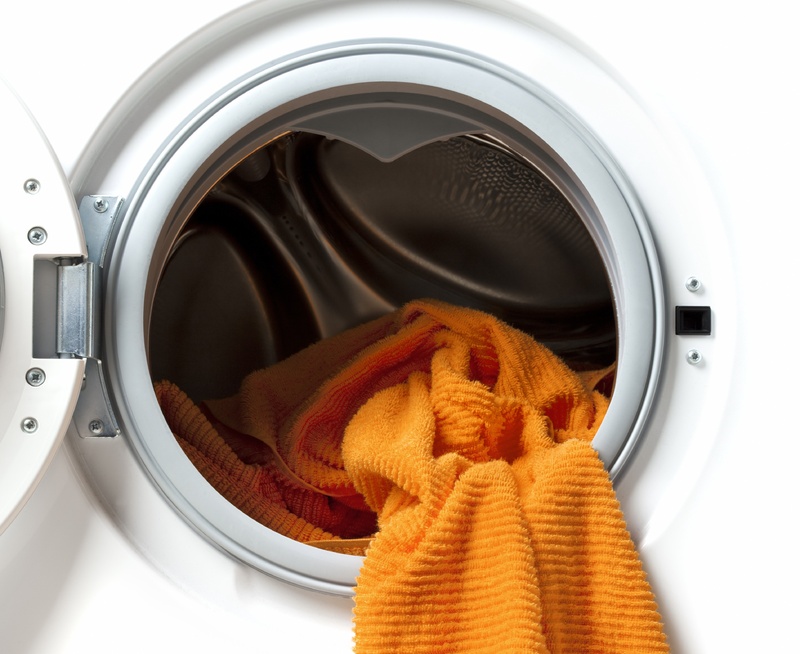
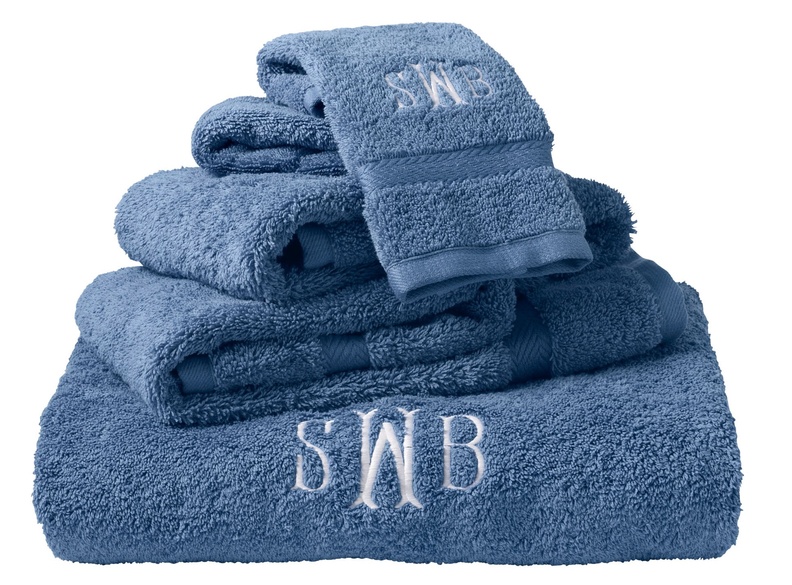
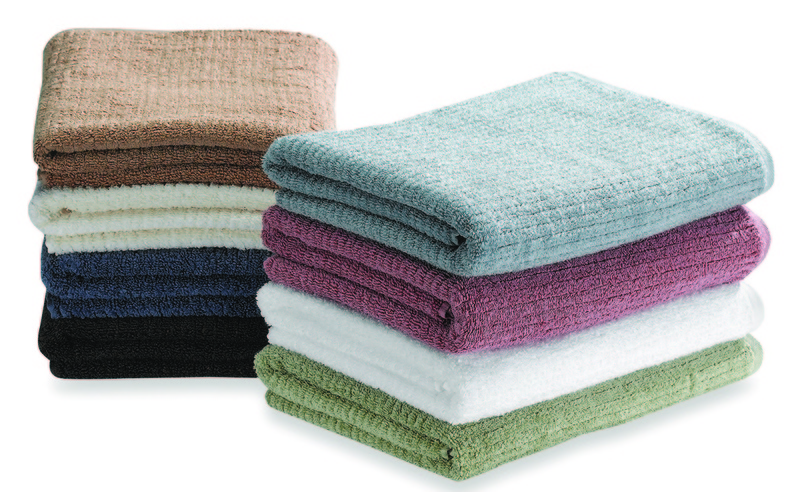
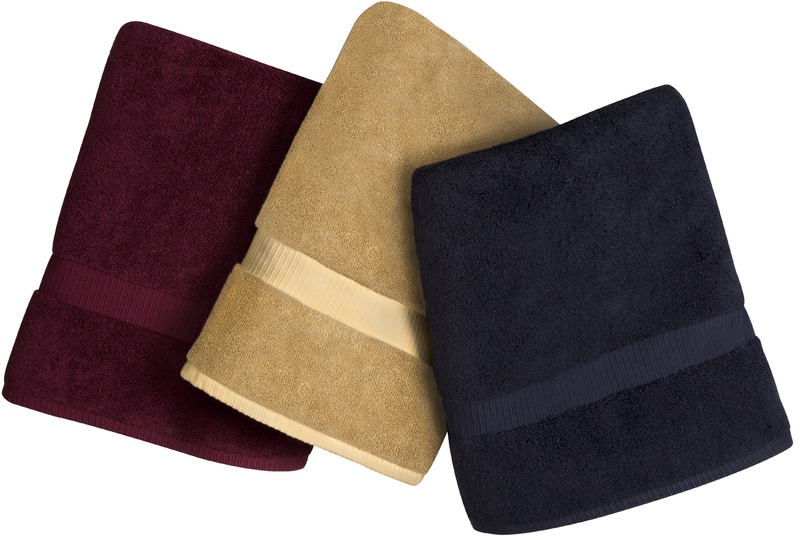
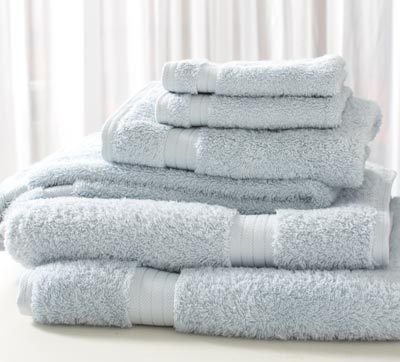

Success. Please wait for the page to reload. If the page does not reload within 5 seconds, please refresh the page.
Enter your email and password to access comments.
Hi, to comment on stories you must . This profile is in addition to your subscription and website login.
Already have a commenting profile? .
Invalid username/password.
Please check your email to confirm and complete your registration.
Only subscribers are eligible to post comments. Please subscribe or login first for digital access. Here’s why.
Use the form below to reset your password. When you've submitted your account email, we will send an email with a reset code.